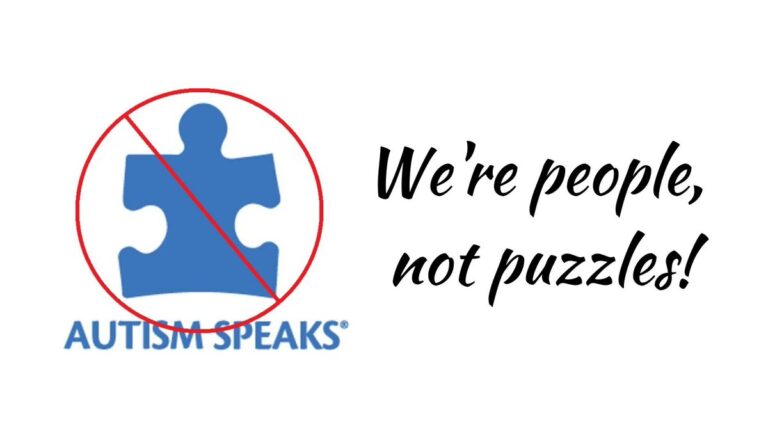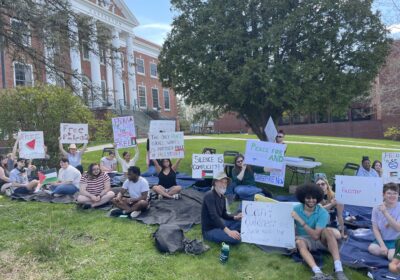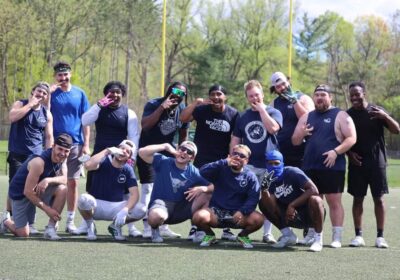Promoting survivor autonomy
With Castleton University’s annual “Denim Day” just around the corner, community resources such as CHANGE, the student group Peer Advocates for Change, Public Safety, and the Wellness Center remind us to promote sexual assault awareness and survivor autonomy during the month of April.
Formally designated as a national campaign by The National Sexual Violence Resource Center in 2001, April represents “Sexual Assault Awareness Month” — a time to celebrate advocacy and encourage prevention. This year, NSVRC is campaigning the “We Can Build” movement, which is aimed at cultivating safe spaces online and decreasing issues of sextortion, revenge porn, and doxxing.
“Denim Day” brings awareness to victim blaming and the destructive myths that surround sexual violence. Occurring on April 29, the event honors Sexual Assault Awareness Month and is celebrated annually by Castleton. Students are asked to wear “Got Consent?” shirts with skinny jeans.
“This day is a day to acknowledge the ‘skinny jeans’ defense used in a case where the defense said she had to be consenting as he could not have taken her skinny jeans off her without her help – willingness,” said CHANGE Coordinator Amy Bremmel.
Policies at Castleton University reflect the importance of honoring this type of advocacy and self-determination within a sexual assault case. Public Safety Director Keith Molinari stressed the actions of all those involved are derived purely from the survivors wants and needs.
“[Autonomy] is probably the most important thing that I’ve found in investigating [sexual abuse] — dealing with them not just here on a college campus, but also in my law enforcement background,” Molinari said. “Making sure that the victim’s wishes are followed through with, as well as how far and how much they want to go into the process.”
Molinari also said that most cases of campus sexual abuse are primarily addressed through both the Campus Center and Wellness Center. Though many Public Safety officers have undergone trauma-informed training, these resources have better connections to deal with sexual abuse and trauma.
When a student chooses to report an abuser who is a fellow peer or faculty member, what is known as a 311 or 311-A investigation will follow. In this case, a trained investigator from the school or the Vermont State College System works to confirm the accuracy of the accusation.
Between volunteer student groups such as Peer Advocates for Change and Wellness Center resources, Castleton has a wealth of knowledge when it comes to supporting survivors.
If you or a loved one is seeking help for sexual or domestic violence, also consider contacting these local resources:
· The NewStory Center is a sexual and domestic violence support center that offers emergency shelter, referrals to area resources, group and individual counseling, and a 24-hour crisis hotline. NewStory aims to prevent sexual violence and provide support and resources to survivors.
· 24/7 Hotline: 802-775-3232
· Rutland Planned Parenthood provides high quality affordable female healthcare, and the nation’s largest provider of mental and sex education. Planned Parenthood helps the health of local victims by working together with our allies to support survivors and to create a culture of consent.
· RAINN National Sexual Assault Hotline – 24/7 Hotline: 800-656-4673
· Castleton University’s Confidential Peer Advocates for CHANGE line – 24/7 Hotline: (802) 417-1408.








